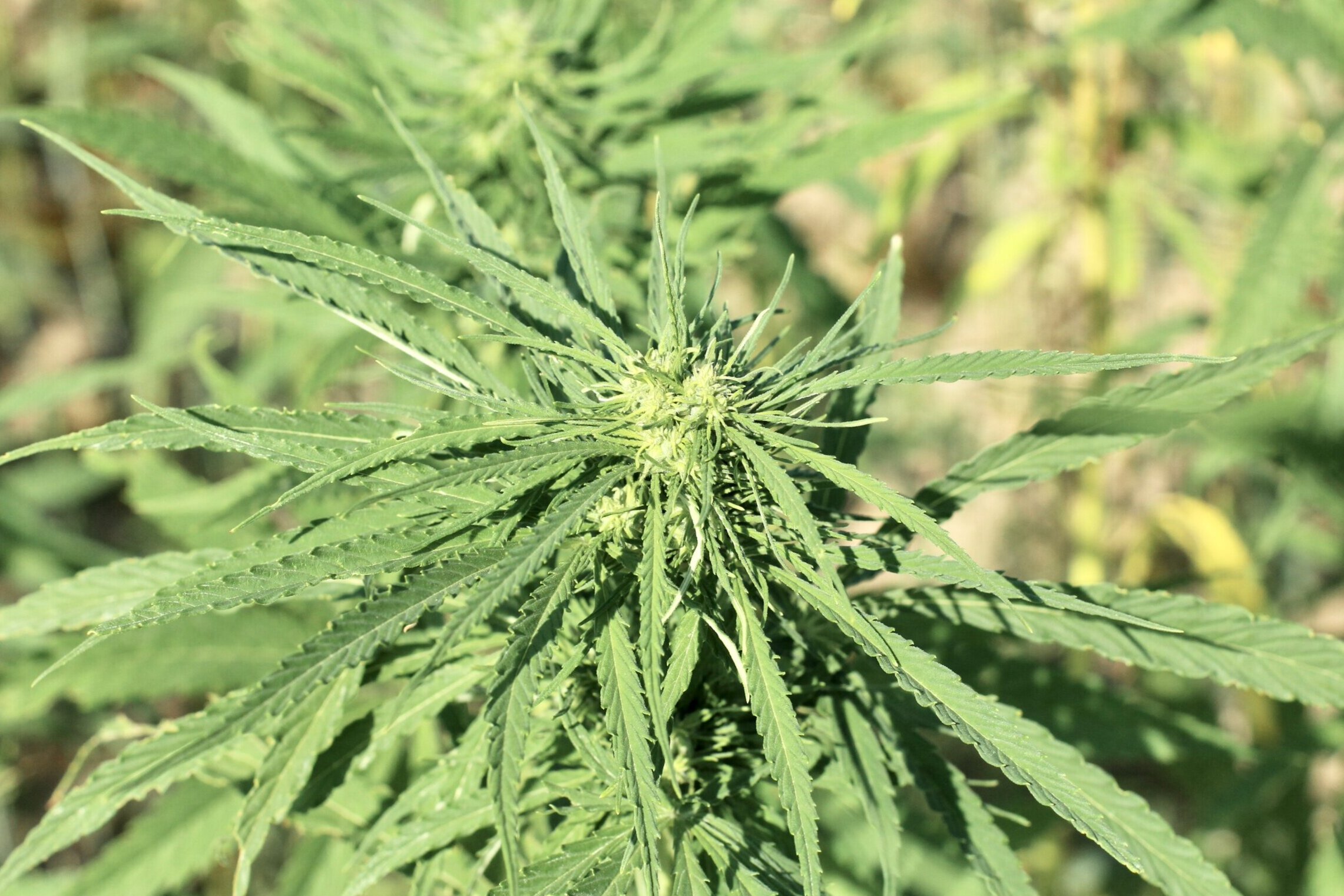Hemp seed oil holds many benefits, but did you know it can help you with your acne? In a study conducted in 2018, the anti-microbial, anti-lipogenic, and anti-inflammatory effects of hemp seed hexane extracts (HSHE) were investigated, focusing on the Propionibacterium acnes. HSHE is a different process than what we use here at IND HEMP for extracting our hemp seed oil. The hexane extraction process uses the hexane chemical to help extract the oil along with high heats. At IND HEMP we cold press our oils, meaning nothing is added other than the hemp seeds we’re extracting from and the press. However, the oil is chemically still the same after each extraction process other than the small traces of hexane left over from hexane extractions, meaning the results of this study also apply to the oil we produce.
While testing the anti-microbial effect of HSHE on P. acnes, at 20% HSHE showed 99% anti-microbial activity. A conventional antimicrobial agent for acne that you would pick up at the store only shows approximately 67% anti-microbial activity. These results show that HSHE is able to inactivate the growth of P. acne and can do so better than the store-bought acne medication. HSHE also shows anti-inflammatory activity due to its ability to regulate inflammation-related enzymes, their products, and pro-inflammatory cytokine secretion. The study also showed that HSHE can promote collagen synthesis in vitro and inhibit MMP-9 activity. This means that HSHE is beneficial in aiding the skin regeneration process on inflamed acne lesions. Having anti-microbial, anti-inflammatory, and collagen synthesis, the HSHE from the hemp plant is able to target acne at every point of development. HSHE is a superior treatment for acne, overcoming the limitation of antibiotic resistance and retinoids, along with a decrease risk of side effects from pharmaceutical and over-the-counter treatments.
Jin, S., & Lee, M. Y. (2018). The ameliorative effect of hemp seed hexane extracts on the Propionibacterium acnes-induced inflammation and lipogenesis in sebocytes. PloS one, 13(8), e0202933. https://doi.org/10.1371/journal.pone.0202933


